TONY MAZZOCCHI’S SPIRIT HAUNTS BIG OIL AGAIN
Beyond Chron
Oil workers belonging to the United Steel Workers of America put-up picket lines in Northern California, Texas, Kentucky and Washington State this week. It has been 35 years since Tony Mazzocchi helped lead a strike against big oil.

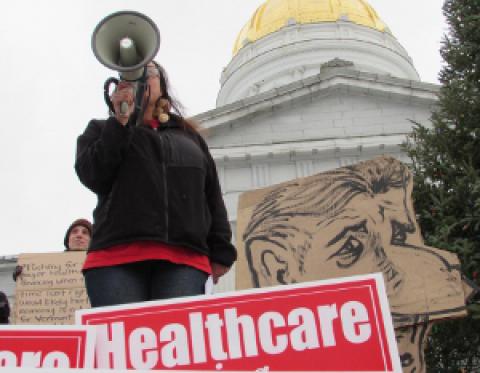

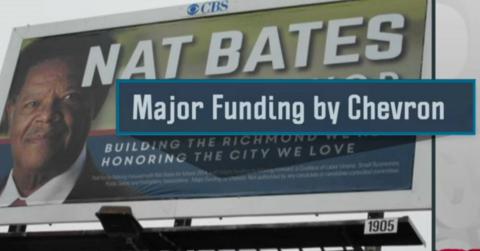
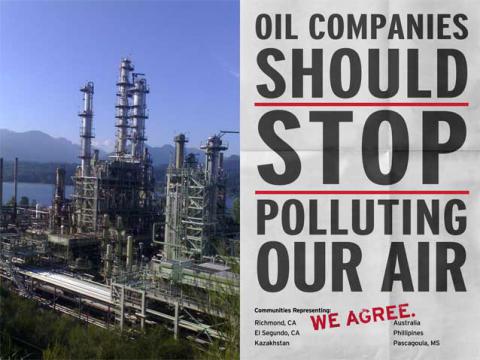
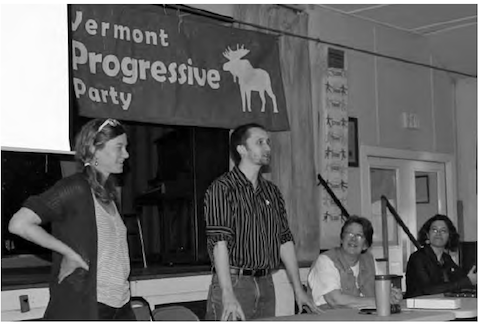
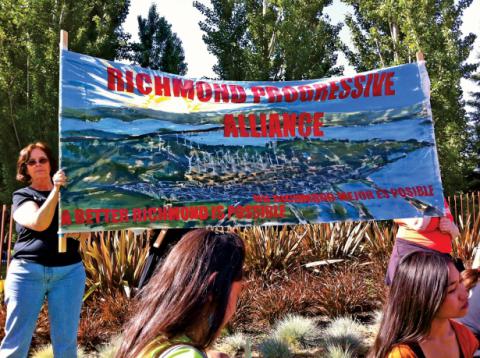
Spread the word